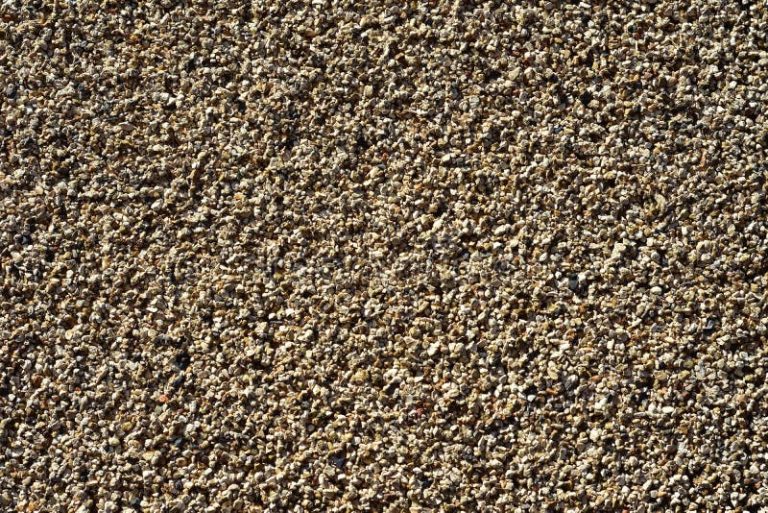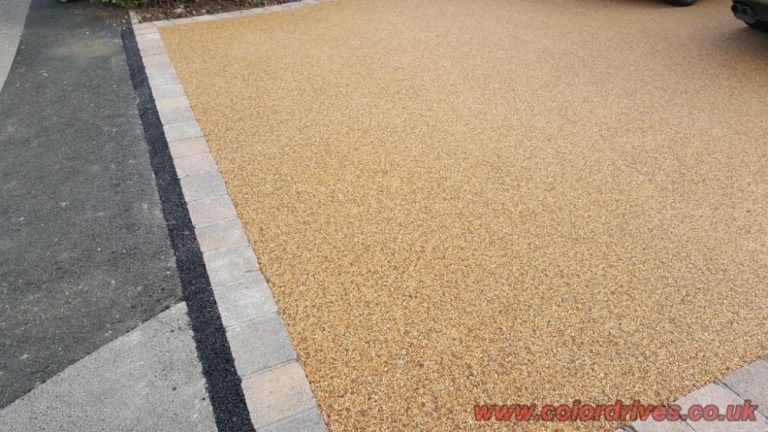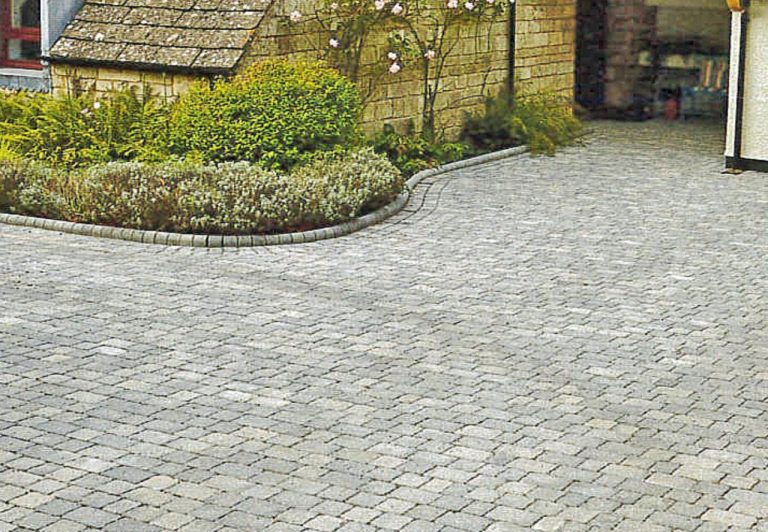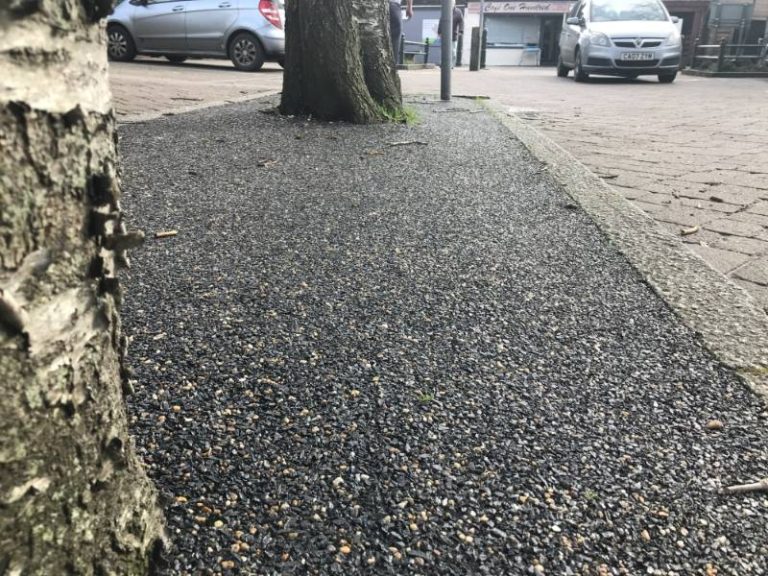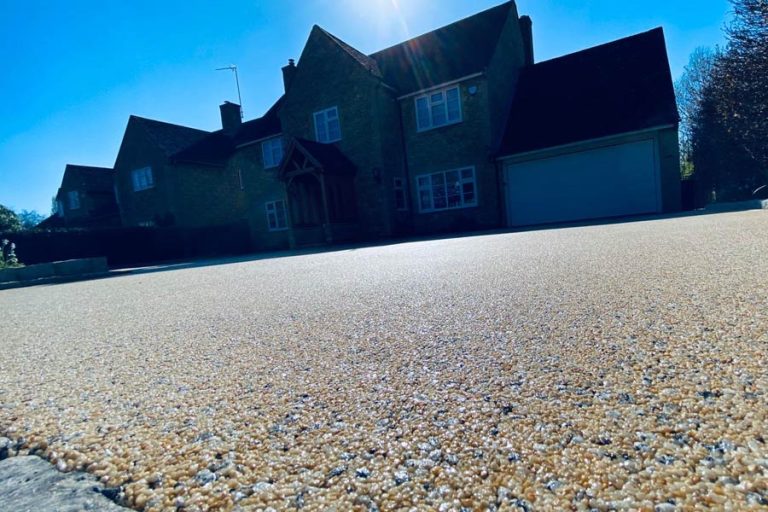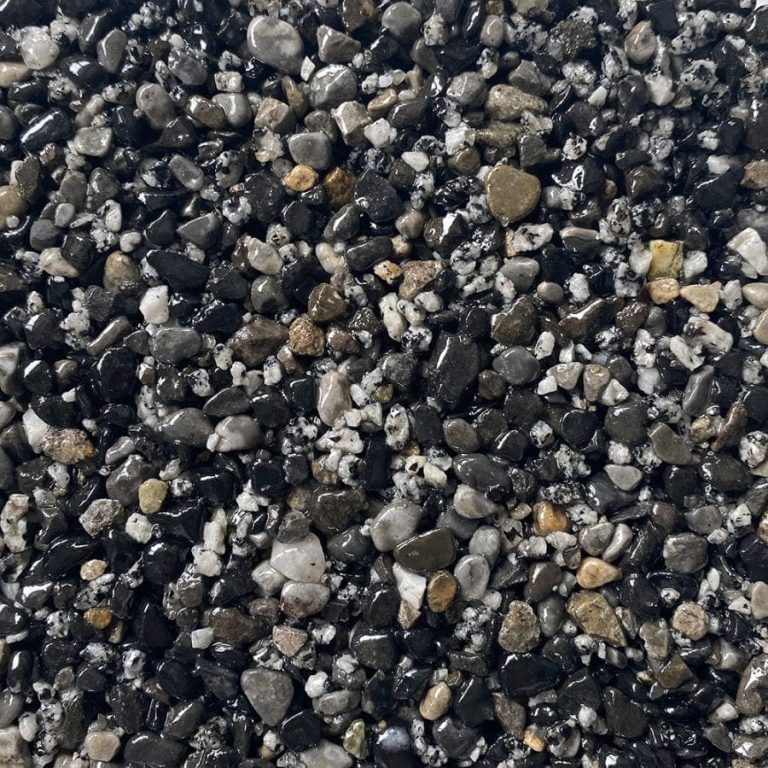Resin Driveway Permeable Eco-Friendly Solutions
Resin driveway permeable offers a modern and sustainable alternative to traditional driveways. This innovative approach combines the durability and aesthetic appeal of resin with the environmental benefits of permeable paving. Learn how these driveways effectively manage water runoff, conserve resources, and contribute to a healthier environment. Explore various design options, installation processes, and cost considerations to understand the full potential of this eco-friendly solution.
This comprehensive guide delves into the specifics of permeable resin driveways, examining their unique characteristics, advantages, and disadvantages. From material selection to installation techniques, we’ll cover every aspect of this growing trend in sustainable urban development. Discover how to make informed choices and create a driveway that aligns with your needs and values.
Introduction to Resin Driveways

Source: smartservicespdx.com
Resin driveways offer a contemporary and durable alternative to traditional asphalt or concrete surfaces. They are a popular choice for homeowners seeking a low-maintenance, aesthetically pleasing, and highly customizable driveway option. Resin’s inherent properties, including its strength, resistance to cracking, and ability to withstand heavy traffic, make it a compelling choice for residential and commercial applications.
Resin driveways boast a unique blend of durability and design flexibility, making them adaptable to various architectural styles. Their seamless, smooth finish minimizes the risk of tripping hazards compared to other materials.
Resin Types for Driveways
Different types of resin are employed in driveway construction, each with distinct properties. Polyurethane resins are highly durable and resistant to chemicals, making them suitable for high-traffic areas. Epoxy resins, on the other hand, are known for their excellent adhesion and chemical resistance, often chosen for applications where moisture or chemical exposure is a concern. Polyester resins are typically used for their cost-effectiveness and relatively faster curing times. The selection of resin type hinges on the specific requirements of the project, factoring in factors such as traffic load, environmental conditions, and budget considerations.
Installation Process
The installation of a resin driveway involves several crucial steps, ensuring a long-lasting and aesthetically pleasing final product. First, the existing surface is meticulously prepared, which includes cleaning, leveling, and proper drainage considerations. Next, a primer is applied to enhance adhesion and ensure a smooth surface for the resin. Then, the resin is poured and spread evenly, often with the use of specialized equipment to ensure a consistent thickness and level surface. Finally, curing and finishing touches are applied, such as sealing or adding decorative elements, to achieve the desired aesthetic.
Resin Driveway Designs
Resin driveways offer a wide array of design options, allowing homeowners to personalize their property. Geometric patterns, such as stripes or circles, can create a visually striking appeal. Using different colors in a gradient or patterned layout can add a unique touch. Integrating landscaping features, such as retaining walls or raised beds, with the driveway can seamlessly blend aesthetics. The ability to incorporate custom designs opens doors for artistic expression and architectural integration.
Colors and Textures
Resin driveways are available in a vast spectrum of colors, allowing for a wide array of aesthetic options. From neutral tones like gray and beige to vibrant hues like red, blue, or green, homeowners can choose a color that complements their home’s exterior and personal preferences. Texture options are equally diverse. Smooth, polished surfaces create a sleek and modern look, while textured surfaces, like those with aggregate or pebbles embedded within, offer a more rustic or natural aesthetic. The choice of color and texture significantly impacts the overall visual appeal of the driveway.
Permeable Resin Driveways: Resin Driveway Permeable
Resin driveways, known for their aesthetic appeal and durability, are increasingly being adapted to incorporate permeable paving principles. This innovative approach combines the desirable characteristics of resin with the environmental benefits of allowing water to seep into the ground. This results in a more sustainable and environmentally friendly driveway option compared to traditional, impermeable driveways.
Permeable paving, in essence, allows water to infiltrate the ground rather than run off the surface. This infiltration helps recharge groundwater supplies, reducing the strain on drainage systems and minimizing the risk of flooding. This principle is central to permeable resin driveways, making them a valuable addition to environmentally conscious landscaping.
Permeable Paving Principles
Permeable paving systems, including permeable resin driveways, work by utilizing a network of voids or spaces within the paving material. These voids allow water to pass through the surface, thereby preventing surface runoff. The crucial difference between permeable resin driveways and conventional resin driveways lies in the design and construction techniques that incorporate this permeability. This careful consideration of porosity is key to achieving the desired environmental benefits.
Environmental Advantages
Permeable resin driveways offer a range of environmental advantages, stemming directly from their permeable nature. They effectively reduce surface runoff, mitigating the impact of heavy rainfall and minimizing the risk of flooding. By allowing water to infiltrate the ground, permeable driveways help to replenish groundwater supplies, which is crucial for maintaining healthy ecosystems and supporting local water sources. This approach is particularly beneficial in areas prone to waterlogging or experiencing drought conditions.
Construction Techniques
The construction of permeable resin driveways differs significantly from traditional resin driveways. Firstly, specialized permeable resin mixtures are employed, incorporating materials designed to allow water passage while maintaining structural integrity. Secondly, the underlying sub-base often comprises layers of gravel or crushed stone, creating a porous foundation to enhance water infiltration. Finally, careful attention to drainage and grading is essential to ensure efficient water absorption.
Comparison with Other Permeable Paving Options
Compared to other permeable paving options like porous asphalt or permeable concrete, permeable resin driveways offer unique advantages. Resin’s inherent strength and durability can lead to longer lifespan and enhanced resistance to freeze-thaw cycles. However, the specific cost and availability of resin materials should be considered. Porous asphalt, for example, might be more cost-effective in some regions, while permeable concrete offers a comparable level of water permeability, but resin often outperforms in terms of aesthetic appeal and long-term durability.
Maintenance Requirements
Permeable resin driveways, like other permeable paving systems, require proactive maintenance to maintain their effectiveness. Regular inspections are vital to identify any issues with the sub-base or the resin layer itself. Prompt repairs are essential to avoid potential problems with water accumulation or runoff. Careful consideration of long-term maintenance strategies, including cleaning and repairs, will ensure the longevity and effectiveness of the permeable resin driveway.
Design Considerations
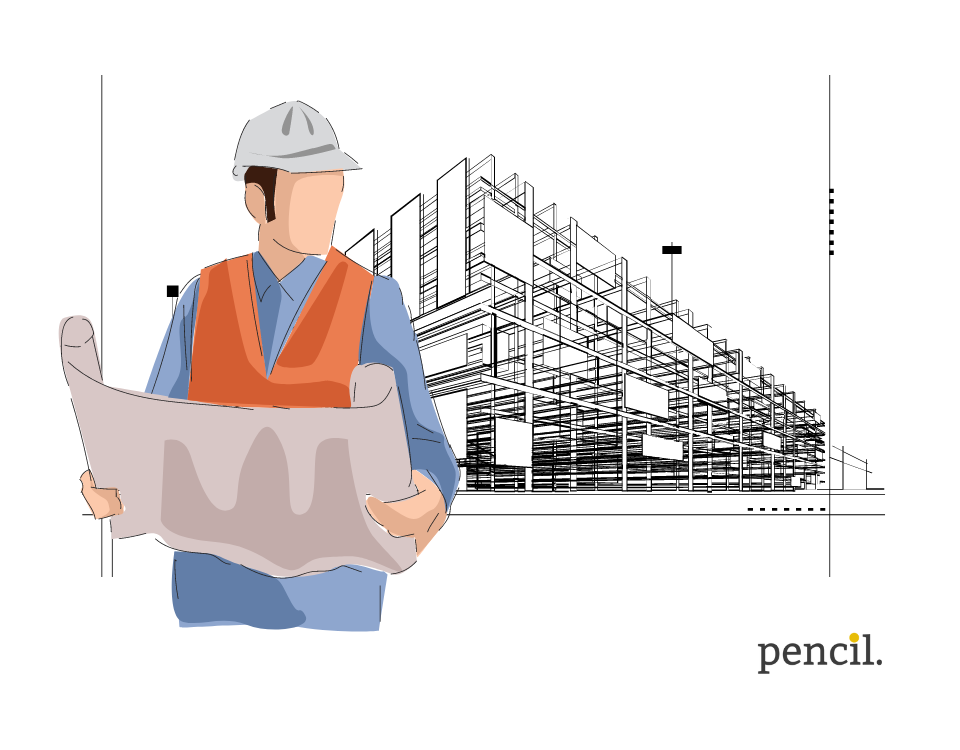
Resin driveways offer a compelling alternative to traditional paving, but careful consideration of design elements is crucial for optimal performance and aesthetics. Choosing the right material, understanding drainage systems, and factoring in grading are essential steps in creating a durable and functional resin driveway. This section delves into the key design factors, including material comparisons, pros and cons of permeable options, aesthetic considerations, and drainage system integration.
Resin Driveway Material Comparison
Different resin materials offer varying degrees of permeability and impact resistance. This comparison table illustrates the key distinctions between various materials.
| Material | Permeability | Cost | Maintenance |
|---|---|---|---|
| Standard Non-Permeable Resin | No | Moderate | Low, minimal cleaning |
| Permeable Resin Composites | Yes | High | Low, but requires occasional cleaning of surface debris |
| High-Traffic Resin | No | High | Low, high durability |
Pros and Cons of Permeable Resin Driveways
Permeable resin driveways, while more expensive, offer significant environmental and practical benefits.
| Pro | Con |
|---|---|
| Improved stormwater management | Higher initial cost compared to non-permeable options |
| Reduced runoff and pollution | Potential for slower curing time |
| Enhanced landscaping potential | Potential for staining or discoloration from certain materials |
| Potential for increased property value | May require specialized installation and maintenance |
Aesthetic Comparison of Driveway Types
The visual appeal of a driveway is subjective, but certain types of driveways lend themselves to specific aesthetic preferences.
| Type | Aesthetics | Images |
|---|---|---|
| Traditional Concrete | Classic, neutral, can be enhanced with color or texture | Visualize a smooth, light gray concrete surface or a textured concrete surface with a darker color. |
| Permeable Resin | Modern, clean, customizable with colors and patterns | Imagine a contemporary driveway with a muted color palette or a driveway with bold, patterned designs. |
| Stone Paving | Natural, rustic, adds character to the landscape | Picture a driveway with various sizes and shapes of stone pavers, creating a textured and natural look. |
Drainage Systems for Permeable Resin Driveways
Proper drainage is critical for the longevity and functionality of a permeable resin driveway. Several systems can be integrated to manage water flow effectively.
- French Drains: These subsurface drains collect water from the driveway and direct it away from the structure. They are particularly beneficial for sloping sites or areas with high water runoff. This system ensures efficient water removal, preventing water pooling and potential damage to the driveway or surrounding areas.
- Gravel Beds: Gravel beds provide a porous layer beneath the resin surface, allowing water to infiltrate the ground. This method effectively manages water, reducing surface runoff, which is crucial for maintaining the driveway’s integrity and environmental benefits.
- Permeable Pavers: These pavers combine the aesthetic appeal of traditional paving with the ability to allow water to pass through. They are an effective solution for managing water flow, particularly in areas with moderate water runoff. They often incorporate gravel or sand layers to further facilitate water absorption.
Importance of Grading and Slope for Permeable Resin Driveways
Proper grading and slope are essential for preventing water accumulation on the driveway surface. Adequate slope ensures that water drains away from the structure, avoiding potential damage.
A properly graded driveway with a consistent slope allows water to flow away from the structure, preventing pooling and potential damage. Careful consideration of the site’s topography and water runoff patterns is essential for effective design. Examples of proper grading in various contexts, such as sloped yards or areas with high rainfall, demonstrate the importance of this aspect in maintaining the integrity of the driveway.
Installation and Maintenance
Installing a permeable resin driveway requires careful planning and execution to ensure longevity and functionality. This section details the crucial steps involved, from preparing the sub-base to the final finishing touches. Proper installation and subsequent maintenance are key to maximizing the lifespan and performance of this innovative driveway system.
Preparing the Sub-Base
A solid and stable sub-base is critical for the longevity of a permeable resin driveway. This involves more than just leveling the ground; it necessitates proper drainage and compaction. The sub-base should be compacted to prevent future settling and maintain the structural integrity of the driveway.
- Excavation and Grading: Remove topsoil and any existing vegetation to the required depth. The depth of excavation will depend on the specific project specifications and the necessary compaction layers. Ensure the surface is graded to allow proper water drainage away from the driveway.
- Sub-Base Material: Select a suitable sub-base material, such as compacted gravel or crushed stone. The chosen material should have good drainage properties and be capable of supporting the weight of vehicles and the resin overlay. Layer the material and compact it in designated layers to ensure stability.
- Compaction: Compaction is crucial to ensure a stable sub-base. Use appropriate compaction equipment, such as a plate compactor, to achieve the desired density and eliminate voids that could compromise the driveway’s integrity. This ensures the stability of the sub-base and prevents future settlement issues.
Pouring and Finishing the Resin
Pouring and finishing the resin involves precise techniques to achieve the desired aesthetic and functional qualities of the driveway.
- Resin Application: Carefully follow the manufacturer’s instructions for resin application, ensuring proper mixing and consistency. Pour the resin onto the prepared sub-base, distributing it evenly and ensuring minimal air bubbles. This process requires precision and attention to detail to avoid irregularities and potential problems with the resin’s final look and durability.
- Finishing Techniques: Various finishing techniques are available for permeable resin driveways, ranging from simple leveling to textured surfaces. Select a finishing method that aligns with the desired aesthetic and consider the long-term maintenance implications of each option. Employ appropriate tools and techniques to achieve a smooth and level surface.
- Curing Time: Allow sufficient curing time for the resin to fully harden and reach its maximum strength. This process varies based on the specific resin type and environmental conditions. Carefully monitor the curing process to prevent premature use or damage to the newly installed driveway.
Safety Precautions During Installation, Resin Driveway Permeable
Adhering to safety protocols during resin driveway installation is essential to prevent accidents and ensure a safe work environment.
- Personal Protective Equipment (PPE): Wear appropriate personal protective equipment (PPE), such as safety glasses, gloves, and respirators, when handling resins and other materials. This will safeguard against potential hazards and protect the installer from injuries. Thorough use of PPE is crucial for both personal safety and overall project success.
- Proper Ventilation: Ensure adequate ventilation during resin application and curing to minimize exposure to harmful fumes. This is essential for the safety of the installation crew and any individuals working near the project site.
- Site Management: Properly manage the work site to maintain a safe environment for all involved. This includes securing the area, providing adequate signage, and implementing traffic control measures if necessary. This ensures a smooth, efficient, and safe work environment for all involved.
Long-Term Maintenance
Regular maintenance is key to preserving the integrity and aesthetic appeal of a permeable resin driveway.
- Regular Cleaning: Regular cleaning helps prevent the accumulation of dirt, debris, and stains on the driveway surface. Use appropriate cleaning agents and methods to maintain the driveway’s appearance and prevent the buildup of contaminants.
- Sealant Application: Periodic sealant application can help protect the resin from UV damage and environmental elements. This will enhance the longevity of the driveway and help maintain its pristine appearance.
- Inspection and Repair: Regular inspections of the driveway are essential to identify and address any potential issues promptly. Address any cracks or damages as soon as possible to prevent further deterioration and maintain the structural integrity of the driveway. Prompt repairs prevent minor problems from escalating into major structural issues.
Environmental Impact

Permeable resin driveways offer a significant advantage in mitigating the negative environmental impacts associated with traditional impervious surfaces. Their ability to allow water to infiltrate the ground reduces runoff, conserves water resources, and supports healthier ecosystems. This section explores the positive environmental role of permeable resin driveways in various aspects.
Role in Mitigating Urban Runoff
Permeable resin driveways play a crucial role in managing urban runoff by allowing rainwater to soak into the ground rather than flowing over surfaces. This reduction in runoff volume lessens the strain on drainage systems and prevents flooding. By slowing down the flow of water, permeable surfaces allow for more natural filtration, reducing the amount of pollutants carried into waterways.
Benefits of Water Conservation
Permeable resin driveways contribute to water conservation by increasing the amount of rainwater that infiltrates the ground. This process replenishes groundwater supplies, reducing reliance on municipal water sources and lessening the impact of drought conditions. By allowing water to be absorbed into the ground, permeable surfaces decrease the demand for irrigation, further enhancing water conservation efforts.
Impact on Groundwater Recharge
The ability of permeable resin driveways to allow water to percolate into the ground significantly contributes to groundwater recharge. This process replenishes groundwater aquifers, a vital source of drinking water and supporting ecosystems. Groundwater recharge is particularly important in areas experiencing drought or low rainfall, ensuring a sustainable water supply.
Potential to Reduce Flooding
Permeable resin driveways can significantly reduce the risk of flooding in urban areas. By absorbing rainwater and preventing surface runoff, these driveways help to alleviate pressure on drainage systems, thus minimizing the risk of flooding during heavy rainfall events. This is especially beneficial in areas prone to flash flooding.
Successful Projects in Different Climates
Several projects demonstrate the effectiveness of permeable resin driveways in various climates. In arid regions, permeable driveways have shown their ability to significantly increase groundwater recharge, enhancing water sustainability. In humid climates, they have been successfully implemented to reduce surface runoff and alleviate pressure on drainage systems, mitigating the risk of flooding. Specific examples are difficult to definitively cite without detailed project information, however, the general principles of reduced runoff and increased water absorption apply universally.
Cost Analysis
Resin permeable driveways, while offering environmental benefits, often come with a higher upfront cost compared to traditional, impermeable driveways. However, careful consideration of long-term savings, material choices, and installation factors can help assess the true value proposition. Understanding the nuanced cost analysis is crucial for making an informed decision.
Factors Influencing Permeable Resin Driveway Costs
Several factors contribute to the variation in cost for permeable resin driveways. Material selection, project size, labor rates, and geographical location all play significant roles. The choice of resin type, aggregate mix, and reinforcement elements directly impacts the material cost. Furthermore, the complexity of the installation, including site preparation and drainage systems, affects the overall labor costs.
Comparison of Material Costs
The initial investment in permeable resin driveways often surpasses that of traditional options. However, the long-term cost-effectiveness of permeable systems needs to be considered.
| Material | Permeable Resin Cost | Non-Permeable Resin Cost |
|---|---|---|
| Resin | $XX per square meter (varying based on type and brand) | $YY per square meter (varying based on type and brand) |
| Aggregate | $ZZ per cubic meter (depending on type and source) | $AA per cubic meter (typically lower cost for common aggregates) |
| Reinforcement Mesh | $BB per square meter (optional but recommended for strength) | $CC per square meter (often unnecessary) |
| Installation Labor | $DD per hour (varies by region and experience level) | $EE per hour (typically lower labor costs for simpler installations) |
Note: “XX”, “YY”, “ZZ”, “AA”, “BB”, “CC”, “DD”, and “EE” represent example cost figures and are subject to significant variation based on location, market conditions, and material choices.
Cost Breakdown for Installation Stages
A detailed breakdown of installation costs helps in budgeting and understanding the investment required.
- Site Preparation: This stage includes excavation, grading, and trenching for drainage systems. Costs vary depending on the complexity of the site. This preparation work is crucial to ensure proper drainage and longevity of the driveway.
- Resin Application and Curing: Applying the permeable resin mixture and allowing it to cure properly. Resin application quality and curing time significantly affect the longevity of the surface.
- Aggregate Installation: Layering and compacting the aggregate for a smooth and stable surface. The choice of aggregate impacts the aesthetics and functionality of the driveway.
- Finishing Touches: Final finishing, sealing, and quality control measures to achieve the desired aesthetic and functionality.
Long-Term Cost Savings
Permeable resin driveways offer several long-term cost savings that offset the higher upfront investment. Reduced water runoff helps prevent flooding and erosion issues, potentially lowering the need for costly repairs to the surrounding property or infrastructure. These driveways are more resilient to damage and have a longer lifespan than traditional asphalt driveways. This reduced maintenance translates to lower costs over time. Moreover, the environmental benefits of reduced stormwater runoff can translate into tax credits or other incentives in some areas.
Case Studies
A crucial aspect of evaluating permeable resin driveways lies in examining real-world applications. Case studies provide insights into the design, installation, and performance of these systems, offering valuable data for prospective adopters. Understanding the successes and challenges encountered in various scenarios helps assess the viability and long-term effectiveness of permeable resin driveways.
A Case Study of a Permeable Resin Driveway Project
This case study examines a project in a suburban residential area. The driveway, designed for a family of four, prioritized both aesthetics and sustainability. The design incorporated a herringbone pattern for enhanced visual appeal and a slight slope to facilitate water drainage. Installation involved careful preparation of the subgrade, followed by the application of a specialized permeable resin mixture. Monitoring of water infiltration rates was performed post-installation, demonstrating the system’s ability to effectively manage stormwater runoff. Initial results indicated a significant reduction in surface water runoff compared to conventional driveways in the same area.
Environmental Impact Analysis of a Permeable Resin Driveway Project
This case study assesses the environmental impact of a permeable resin driveway project implemented in a commercial setting. The project was situated in an area experiencing high levels of impervious surfaces, contributing to urban flooding. The permeable resin driveway, strategically positioned to capture rainwater, reduced the strain on the city’s drainage system. Data collected during the project’s monitoring phase revealed a substantial decrease in peak stormwater runoff, effectively mitigating the risk of flooding in the surrounding neighborhood. Furthermore, the project highlighted the potential for permeable surfaces to enhance biodiversity by providing habitats for local wildlife.
Long-Term Maintenance and Cost Savings
A comprehensive analysis of long-term maintenance and cost savings associated with a permeable resin driveway project in a multi-unit apartment complex is presented here. The driveway’s design incorporated a maintenance-friendly surface texture, minimizing the need for frequent cleaning and repairs. This feature proved crucial in the project’s cost-benefit analysis. Detailed records of maintenance expenditures over five years demonstrated a significant reduction in costs compared to a traditional asphalt driveway, highlighting the long-term financial advantages.
Examples of Permeable Resin Driveway Projects
- Commercial Development: A permeable resin driveway was installed at a retail center in a high-traffic urban area, demonstrating its capacity to handle heavy vehicular use while reducing the environmental impact. The system successfully managed stormwater runoff, showcasing its effectiveness in urban settings.
- Residential Homes: Several residential projects utilized permeable resin driveways to enhance curb appeal and create eco-friendly outdoor spaces. The designs varied to accommodate diverse aesthetic preferences while consistently exhibiting superior water management capabilities.
- Parks and Recreational Areas: A permeable resin surface was incorporated into a park pathway, enabling rainwater absorption and minimizing erosion. This case study demonstrated the applicability of the technology to create aesthetically pleasing and environmentally beneficial recreational spaces.
Successful and Unsuccessful Installations: Common Issues
- Successful installations often demonstrate meticulous planning and execution. Careful site preparation, adherence to manufacturer specifications, and proper material selection contribute significantly to a project’s success. These projects typically show reduced runoff and enhanced aesthetics.
- Unsuccessful installations may arise from inadequate subgrade preparation, improper resin application, or insufficient drainage considerations. These issues often result in premature deterioration and compromised functionality. Common challenges include insufficient drainage, inadequate compaction of the base material, and improper sealing of joints. Troubleshooting these problems ipromptlyis crucial for minimizing negative consequences.
Closure

In conclusion, permeable resin driveways represent a compelling blend of practicality and environmental responsibility. This innovative approach offers significant advantages in water management, reducing urban runoff and promoting groundwater recharge. The guide has highlighted the key aspects of design, installation, and maintenance, enabling informed decision-making. Ultimately, the choice of a permeable resin driveway is a statement of commitment to sustainability and a forward-thinking approach to urban development.
